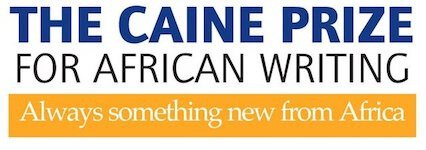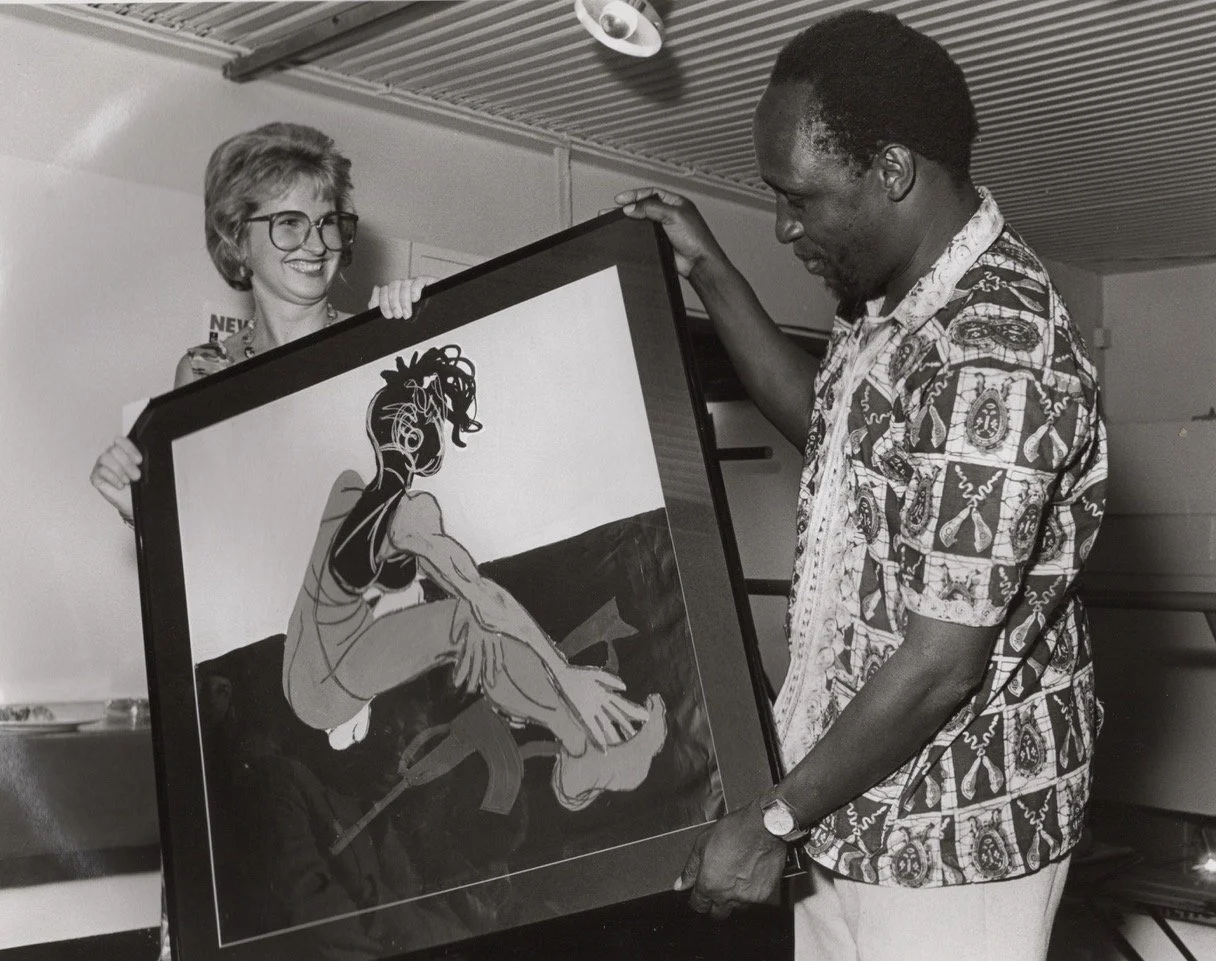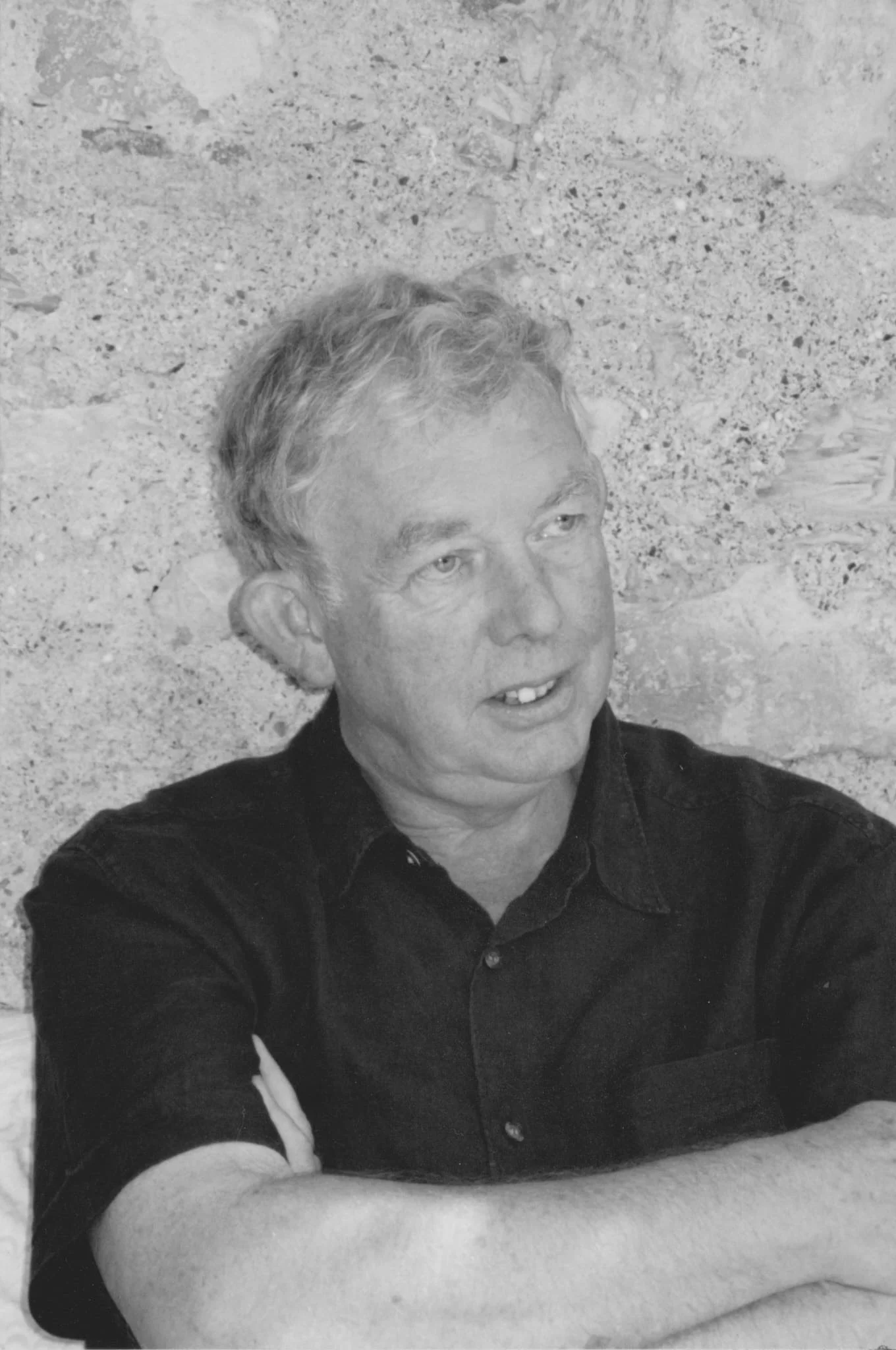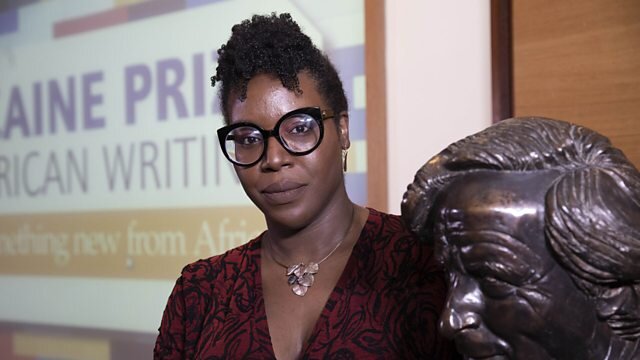1. Kisumu-Nairobi
The huge metal bird runs on the tarred road then leaps into the air, its full weight tearing into the dense, humid wind and its large, powerful wings spreading outwards, casting a shadow below. The lake becomes a pond, the rivers that feed it become tiny streams, veins running through the landscape, and the city below is an elaborate thing for a child to play with. I am inside the bird, its beak inching towards Nairobi, and its tail flapping, faning Kisumu.
Before. Before.
The email comes in on the afternoon of my birthday. An invite to the Caine Prize Workshop in Gisenyi, Rwanda. I shriek and jump around, excited about the fact that I will be spending two weeks writing in a serene environment, away from all distractions of life, surrounded by amazing writers from different countries, and with the help of the two facilitators, beat my story into shape until, eventually, it is good enough to be included in the Caine Prize Anthology. My excitement stays with me, even if the workshop is still a few months away.
2. Kigali
Kigali is a city out of a hyper-realistic painting. My friends and I joke always that Kigali is not an African city. Of course, this does not mean that African cities are homogenous in the way they exist, but in our imagination, limited by the very little travel, African cities as supposed to be characterised by a certain organisation in their disorganisation. Orderly in their chaos. Alive, brimming with life, bustling.
Imagine this: Take Nairobi for example, minus the chaos, without the robbery, remove the hawkers that meet you and want to sell you anything from mitumba clothes to cockroach and bedbugs pesticides, take away the Nigerian-Congolese-Nigerian music that filters from the small cubicles that sell phone chargers and bleaching cream, replace the colourful, noisy matatus with tourist buses, make the police polite and not corrupt, and finally, don’t have traffic jams that snake through and through. There, now you have Kigali.
At the airport, I am met by a guy holding a white sheet of paper with my name neatly printed on it. This is the first time I am feeling this important at an airport. Sigh, vanity. As soon as I walk up to him, he takes my suitcase from my hand and leads me to the car. I sit there and wait for him to pick up another client. A lady opens the door and tells me she is from the hotel and she has been told to come and help me wait so as not to get bored. She speaks very little English so we mostly just sit and let the silence fill the space and time.
Finally, the other client, a German lady with hair that is a sheep’s wool, comes and we head for the hotel. She tells me she is here for a conference. We talk about colonialism and the Berlin wall. After about an hour, we get to the hotel. Vimbai Shire, the coordinator of the workshop meets me at the reception and helps me to check in.
3. Gisenyi
Week I
We depart for Gisenyi in the morning.
The bus ride to from Kigali to Gisenyi, we were made to believe, would only take 3 hours. Four hours after leaving the hotel, we are still on the road, approaching Musanze. The occupants of the bus wish for one thing only – to get to their destination, rest and start working on their short stories.
As soon as we get to the hotel, the serenity brought by the lake alone compensates for the long hours spent in the bus. We all gather at dinner and Vimbai tells us what the itinerary looks like. For the next ten days, we are going to be staying at this hotel, working on a short story that will be included in the 2018 Caine Prize Anthology alongside the five shortlisted stories (and the eventual winner). True to her word, we start work the next morning, pitching our ideas, reading the small bits that we have already, discussing the stories and appreciating the chance to write and write and write without any distractions.
Before we realise it, the first week has ended, with every one of us having read out the bits of our stories and worked on them to produce a first draft for editing during the second week. We hand the drafts in to Elise and Damon, who have been guiding us through the workshop. Their experience and expertise is helpful, for they are able to advise us on what works for a particular story.
Week II
The rain falls in sheets, the tap-tap-tap sound is the background music to my editing. I have received feedback on my story from both Damon and Elise and I am using that to rework my story so that it reads better. Everyone else is busy in his or her room doing the same, or at least I imagine that is what they are doing.
In between the writing and the editing, we get to dance, go for long walks along the beach and swim in the lake.
The school visit comes on Tuesday just when we had thought it would not happen because most schools are closed for the holidays. We are lucky to find one school that will host us. After an introduction from the head teacher, we get to talk to the students about storytelling and writing.
It is my hope, truly, that we leave the school having inspired a few of them to become writers.
4. Kigali, again
We are seated around a table waiting for our meal.
The upper floor of the restaurant offers us a beautiful view of the city, thousands of lights flickering through the hills and valleys that make Kigali. A million or more glow-worms perched on the green walls of the hills. I wish to capture this moment and store it forever with me.
It is our final night together.
Before this, we have made the long, dreaded trip on the winding roads from Gisenyi to Kigali. During the trip, I sit next to Lucky Grace, and we share the sad songs that we have on our playlist. This, in a way, is our goodbye.
On our minds, the public event at Shokola Café.
The event, which happens from 6pm to 8pm, is well attended by the Kigali Literary Community. Readers, writers and friends who have come to show their support. Arinze Ifeakandu, Bongani Kona and Paula Akugizibwe do a reading of their stories. Afterwards, we discuss writing, reading, editing and publishing, with every writer at the workshop being given an opportunity to talk about his or her writing experience and the workshop too.
5. Kisumu
Home, with wonderful memories of meeting these brilliant writers who have been a part of my community for the past two weeks, with friendships that will continue to exist even after this moment, with new lessons that will persist through my writing career, and with a heart full of gratitude to have seen a story come from nothingness (or merely an idea) into what Bongani Kona refers to as, “a heart-breaking work of staggering genius.”
* A Heartbreaking Work of Staggering Genius is a memoir by Dave Eggers.


















